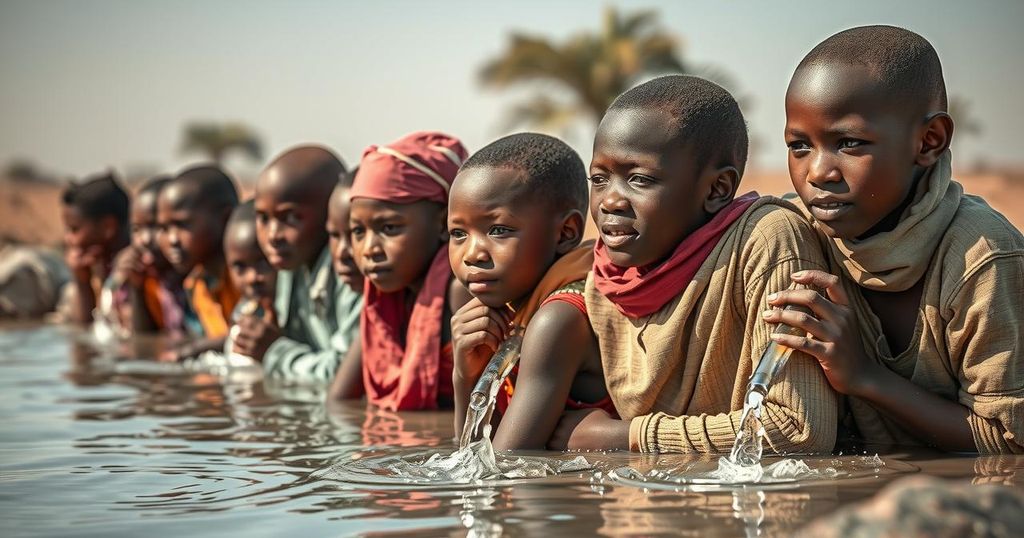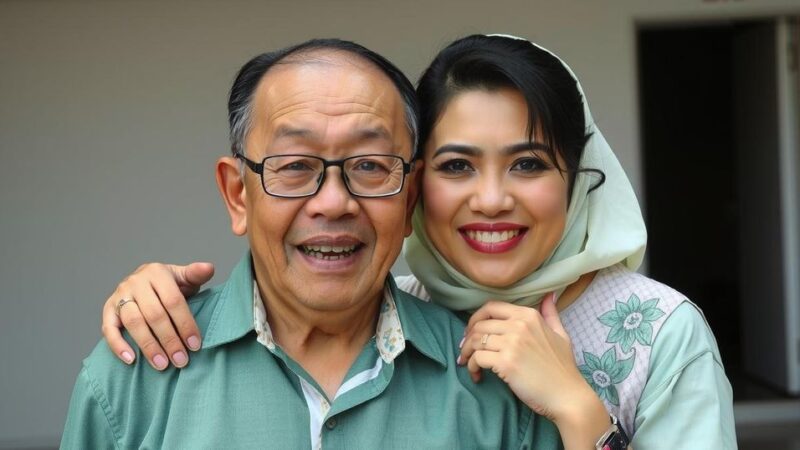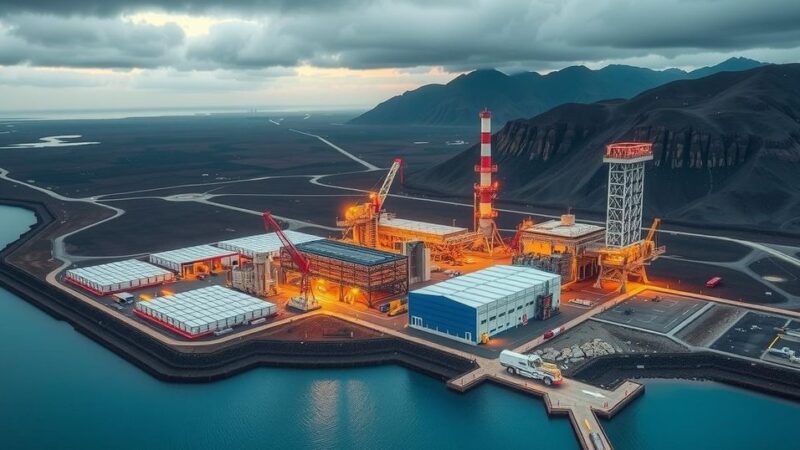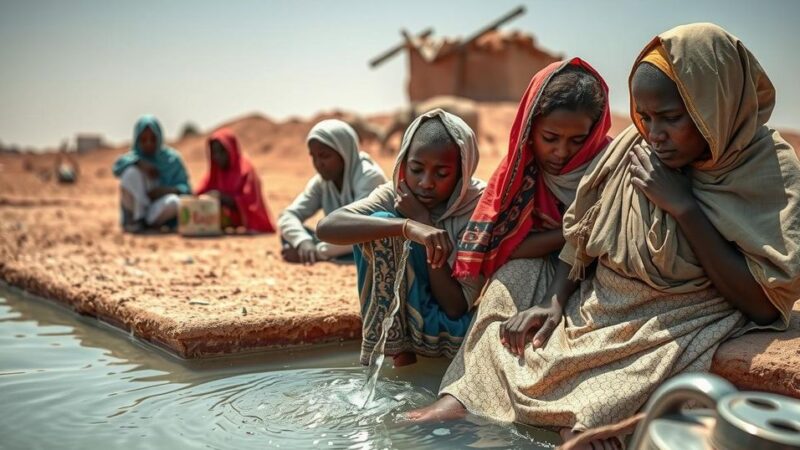The ongoing water crisis in the Tanqori refugee camp has exacerbated the suffering of Sudanese refugees in Chad, forcing individuals to rely on contaminated water sources for survival. Despite having received only limited resources, the refugees remain in desperate need of humanitarian assistance as they cope with deteriorating living conditions following their relocation from the Adri camp.
On January 5, 2025, the plight of Sudanese refugees in Chad deepened due to an acute water crisis, significantly exacerbating their suffering. Aisha Adam Ishaq, a refugee who fled from El Geneina in West Darfur amid escalating violence, reported receiving only 16 litres of water each day at the Tanqori refugee camp. This inadequate supply has forced her and many others to resort to contaminated sources, including sewers, due to the lack of safe drinking water.
The Tanqori camp was established after refugees were relocated from the Adri camp, which provided better access to essential services. Faced with tensions arising from the influx of refugees, local authorities moved individuals to Tanqori, seeking to ease conflicts with the host community. However, this transition to a more remote area has resulted in severe shortages of clean water, food, and medical care, placing the refugees in yet another desperate situation that has not been alleviated since the forced relocation.
Fatima Adam Idris articulated the discontent among the refugees, stating, “There are no services in Tanqori camp. For 12 months, we have carried water on our heads, and we cannot endure this any longer.” The absence of humanitarian aid has further compounded their hardships. The United Nations High Commissioner for Refugees (UNHCR) has recently highlighted that Chad currently accommodates over 600,000 Sudanese refugees, with the situation in camps now reaching a critical level.
The article highlights a humanitarian crisis faced by Sudanese refugees in Chad, particularly in the Tanqori camp where access to clean water is alarmingly deficient. Refugees, including women and children, are forced to drink from unsafe sources, posing serious health risks. This crisis originates from continued conflict in Sudan, accelerating since 2003, with refugees fleeing to Chad in search of safety. The UNHCR’s recognition of the increasing refugee population illustrates the urgent need for humanitarian assistance and resources in the region.
In conclusion, the ongoing water crisis has severely impacted Sudanese refugees in Chad, dramatically reducing their chances of accessing basic necessities. The forced relocation from Adri to Tanqori has deprived them of essential services and left them reliant on unsafe water sources, fostering conditions conducive to disease and further suffering. The urgent appeal by the UNHCR underscores the critical need for a coordinated international response to support these vulnerable populations and mitigate the dire circumstances they currently face.
Original Source: sudantribune.com







